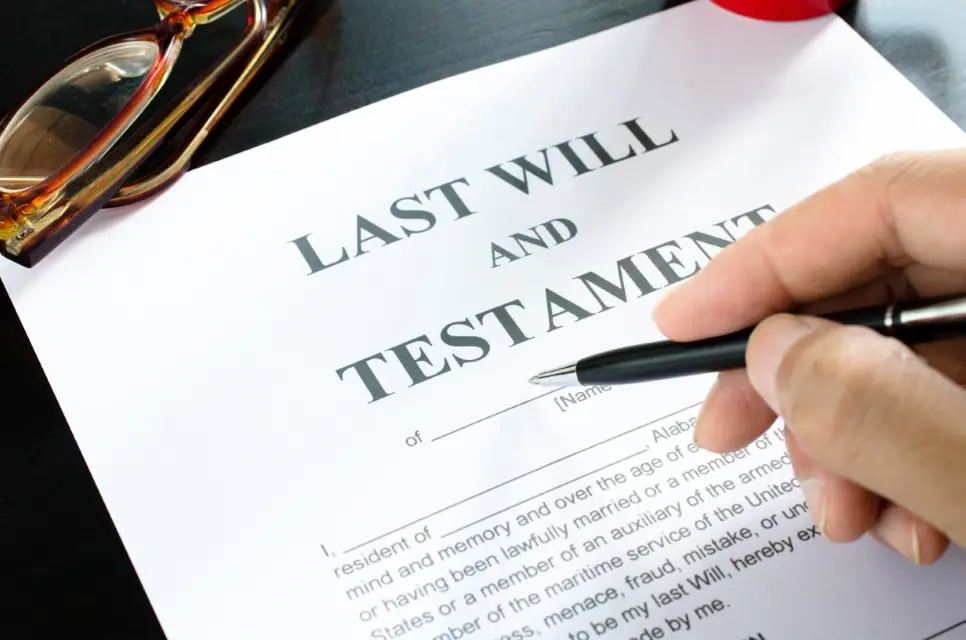Estate planning is a crucial process that helps individuals manage their assets and ensure that their wishes are carried out after their passing. Whether you have a substantial estate or modest assets, creating a well-thought-out estate plan is essential. In this article, we’ll delve into the key components of an estate plan, guiding you through the essential elements to consider.
1. Last Will and Testament
Your last will and testament, commonly known as a will, is a foundational document in any estate plan. It allows you to outline your wishes regarding the distribution of your assets, appointment of guardians for minors, and the executor who will manage your estate. Without a will, the state may decide how your assets are distributed, which may not align with your intentions.
2. Trusts
Trusts are versatile tools used in estate planning to manage and distribute assets. There are various types of trusts, each serving different purposes. A revocable living trust, for example, allows you to manage your assets during your lifetime and distribute them smoothly to beneficiaries after your passing, avoiding probate.
3. Advance Healthcare Directive
An advance healthcare directive, or living will, is a legal document that outlines your medical preferences if you become unable to make healthcare decisions. It can specify your choices regarding life-sustaining treatments, organ donation, and appoint a healthcare proxy who will make decisions on your behalf.
4. Financial Power of Attorney
A financial power of attorney authorizes someone you trust to manage your financial affairs if you’re unable to do so. This person, known as your attorney-in-fact or agent, can handle financial transactions, pay bills, and make important financial decisions according to the powers you grant them.
5. Beneficiary Designations
For certain assets like life insurance policies, retirement accounts, and investment accounts, you can designate beneficiaries. These assets typically pass directly to the named beneficiaries, bypassing the probate process. It’s important to review and update these designations regularly to ensure they align with your current wishes.
6. Guardianship Designations
If you have minor children, an estate plan should include provisions for their care. You can designate a guardian in your will to ensure your children are cared for by someone you trust in case both parents pass away.
1. What is the primary purpose of an estate plan?
An estate plan primarily aims to manage and distribute your assets according to your wishes, protect your family’s financial future, and minimize estate taxes.
2. What happens if I don’t create an estate plan?
Without an estate plan, the state’s laws will determine how your assets are distributed. This may not align with your intentions, and it can lead to prolonged legal processes.
3. How often should I update my estate plan?
It’s advisable to review your estate plan periodically, especially after major life events like marriage, divorce, the birth of children, or significant changes in your financial situation.
4. Can I create my estate plan without an attorney?
While it’s possible to create a basic estate plan on your own, consulting with an attorney is often recommended, especially for more complex situations. An attorney can help ensure your plan complies with state laws and is well-drafted to achieve your goals.
5. Do I need a trust in my estate plan?
Whether you need a trust depends on your specific circumstances and goals. Trusts can provide benefits such as avoiding probate, maintaining privacy, and protecting assets, making them valuable for many individuals.
In conclusion, an estate plan is a comprehensive strategy that safeguards your assets, ensures your wishes are honored, and provides for the well-being of your loved ones. It encompasses various key components, including a last will and testament, trusts, advance healthcare directives, financial powers of attorney, beneficiary designations, and guardianship designations. Developing a well-crafted estate plan is essential for everyone, regardless of the size of their estate, as it provides peace of mind and ensures that your legacy is managed as you intend. If you have further questions or need guidance on your estate planning, it’s advisable to consult with a legal professional to create a plan that aligns with your unique needs and goals.







